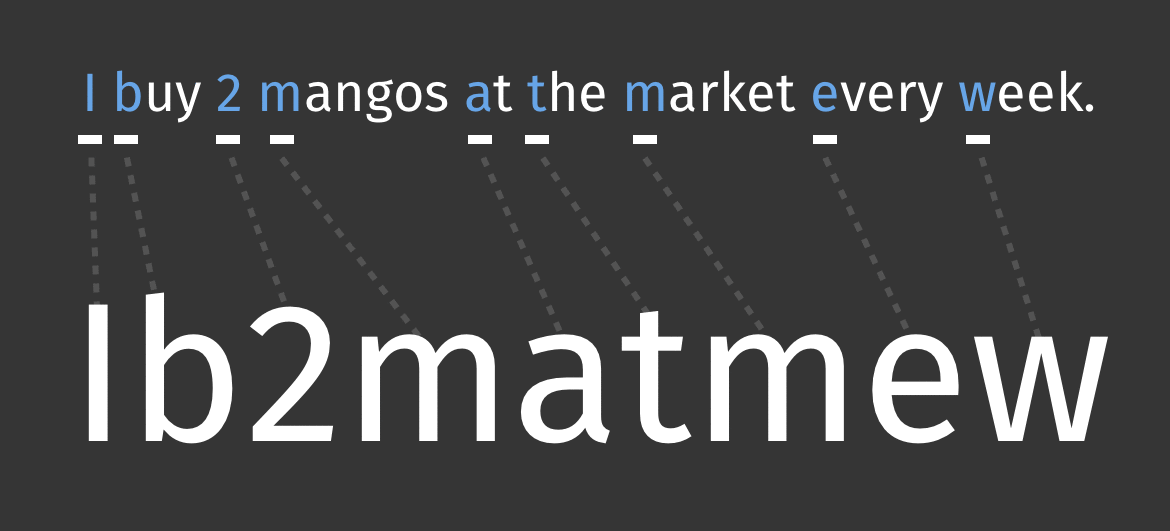
TECHNOLOGY IN EDUCATION
Element One
Applying social and ethical protocols & practices when using ICT
Resource details
-
The Web Resources Workshop enables teachers, students and parents to view modules on intellectual property.
-
All operating systems and mobile devices suitable.
-
Free for all users.
-
Stage 4 - adult (Age 13+).
Explanantion
This resource is included in capability 1, "Applying social and ethical protocols & practices when using ICT "and will enable teachers and students to "recognise intellectual property" by viewing modules and participating in discussion (Australian Curriculum, Assessment and Reporting Authority (ACARA), 2013)
Critical analysis
A solid understanding of the safe and ethical uses of online spaces enables students to develop a positive online presence, which contributes to proficiency in utilising the online forum for learning (Van Ouytsel , Walrave & Ponnet, 2014). Learning materials that are presented in multimedia forms, such as videos, “allow students to learn more effectively” and promote ease of access (Lau, Yen & Wah, 2014, p.190). Disengagement can always be a factor when teaching content such as this, teachers may minimise disengagement by delivering information through a multimedia platform, such as this resource (Roblyer & Doering 2014).
Resource Details
-
This interactive guide enables users to develop awareness about cyber security through actively exploring different real-life contexts including social media, gaming, protecting password information. Students will work in small groups to gather information, and come up with real-life scenarios to contribute to a class presentation.
-
Available on all platforms and mobile devices.
-
Age 10 - adult.
Explanantion
This resource is included in capability 1, "Applying social and ethical protocols & practices when using ICT”. It will enable teachers and students to "apply digital information security practices" by reviewing and encrypting personal passwords for secure online navigation.
(ACARA, 2013)
Critical Analysis
This resource engages students interactively to promote active learning, where they can content to content in a visual, hands-on manner (Roblyer & Doering, 2014). By participating in “Active learning methods”, students are able to develop vital 21st century learning skills, including critical thinking and problem solving (Roehl, Reddy & Shannon, 2013, p. 45). Additionally, presenting students with real and authentic issues incites interest in the content, encouraging exploration and collaboration (Lim, So & Chai, 2011).
Resource Details
-
https://mozilla.github.io/curriculum-final/privacy-basics/session02-bad-password-collage.html#step-3
-
Privacy Basics is a series of online lessons, which enable students to experiment, create and test out security passwords to safeguard their identity online.
-
Suitable for all operating systems and mobile devices.
-
Free to use.
-
Stage 4 and 5 (Ages 12 - 16).
Explanation
This suite of web-based lessons is included in capability 1, "Applying social and ethical protocols & practices when using ICT", and will enable students to "apply personal security protocols" by developing web literacy skills to view, test and create strong passwords.
(ACARA, 2013)
Critical Analysis
Using web-based activities can engage students, and enhance overall learning, when used in the appropriate contexts (Roblyer & Doering, 2014). Lau, Yen, Li & Wah assert that "with the support of interactivity, students are allowed to proactively discover things or control the learning space" (2014, p.192). "However, digital tools of this kind are rarely developed with the needs of formal learning and teaching in mind" (Laurillard, 2009, p.5). It must be up to the teacher to select, adapt and present the web-lesson most suitable to their classroom.
Resource Details
-
https://www.studyladder.com.au/games/activity/identify-the-impacts-of-ict-in-society-1-28625
-
Teachers can use the Study ladder interactive learning modules to inform and assess student knowledge on a variety of topics, including ICT use. The modules can be differentiated, to guide, support and engage students.
-
All operating systems, and most tablets, PCs, and mobile devices.
-
Free during school hours, limited home use.
-
Stage 2 – Stage 6 (Ages 8 – 18).
Explanation
This interactive quiz provides students with information on capability 1 “Applying social and ethical protocols & practices when using ICT”, by using real life scenarios to “identify the impacts of ICT in society”. Students will be using this information to contribute to an interactive timeline.
(ACARA, 2013)
Critical Analysis
Integrated learning systems such as Study Ladder, provide a combination of educational resources for teachers to assign and use in their classrooms (Roblyer & Doering, 2014). Using a multimedia platform for learning enables teachers to present and differentiate material to suit the learner needs, which enhances student learning effectiveness (Lau, Yen, Li & Wah, 2014). Teachers can also readily assess and plan for student learning, without the need for time consuming traditional marking processes (Roblyer & Doering, 2014). This will enable teacher time to be freed up to explore resources that the system offers.




